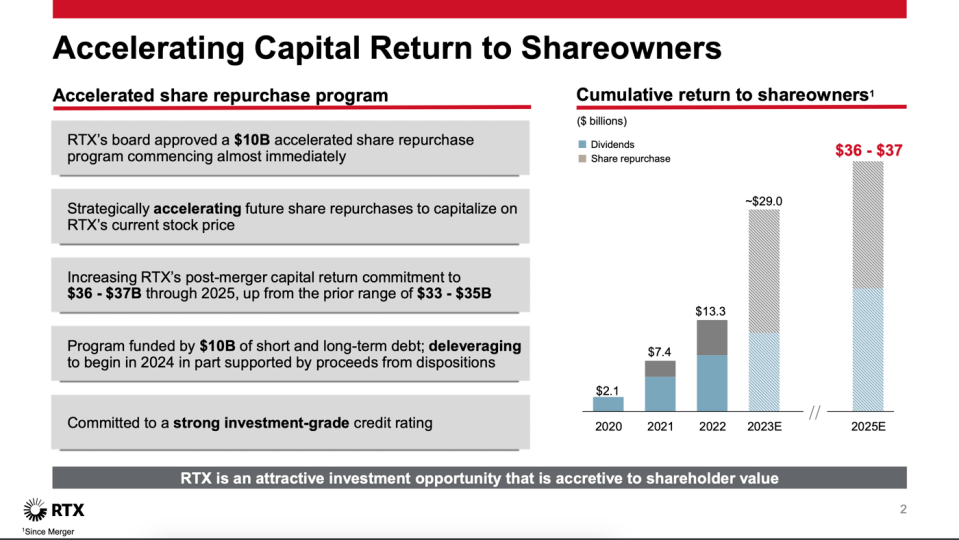Jun. 4—A tax initiative that voters have approved for the last three decades is on the ballot once again this month, but the usual economic development entity associated with the tax won’t be.
City of Duncan voters will head to the polls on June 18 and decide the fate of a tax question on the ballot with the intended purpose of economic development and infrastructure upgrades, but for the first time, Duncan Area Economic Development Foundation won’t be the sole proprietors when it comes to dollars earmarked for economic development.
DAEDF, which was founded in 1993, has used the dedicated economic development sales tax dollars to expand the workforce, promote STEM education, set up an incubator for businesses, and attract and retain businesses, among other work.
According to City of Duncan officials, the changes in the tax are minimal; the tax remains the same, but “none of the money would be statutorily obligated to the Duncan Area Economic Development Foundation.”
In a press release Monday, June 4, DAEDF officials said the removal of the organization from the ballot by City of Duncan “is the latest attempt by the city to make a grab for control of economic development revenue and resources.”
The press release stated a change in officials at the city level have played directly into fallout between DAEDF and the City, which have been involved in a legal battle since May 2023, with the City, also known as the “Duncan Economic Development Trust Authority,” listed as the defendant.
“Under the current Mayor and Council, the relationship between DAEDF and the City of Duncan has gradually eroded and has forced DAEDF to take decisive legal action against the City of Duncan,” the release from DAEDF on Monday states. “A declaratory judgment lawsuit was filed by DAEDF against the City of Duncan on May 15, 2023.”
The suit came after a February 2023 decision by city councilors, acting as the Trust Authority, to question the legality of DAEDF “owning real estate and improvements … purchased from sales tax proceeds,” according to Banner archives.
According to City of Duncan officials, “DAEDF’s practices have been questioned by the Mayor, and, recently, the State Auditor’s Office.”
“At the Mayor’s request, the State Auditor’s Office recently reviewed DAEDF’s history of purchasing real estate and constructing buildings with citizen tax dollars and placing those properties in DAEDF’s name,” states the City of Duncan release. “The State Auditor’s Office provided an opinion stating those properties should be placed in the Trust Authority belonging to the City and the citizens of Duncan.”
DAEDF leadership, after the legal question was raised, said the suit regarding the declaratory judgement was necessary, because the City was “threatening DAEDF’s ability to fulfill its mission of fostering economic development and improving the lives of Duncan area residents.”
The Judge ultimately ruled “once public funds are appropriated and disbursed to an entity other than a political subdivision of the State of Oklahoma, they cease to be public funds” and stated “any real estate purchased by the Foundation using funds paid to the Foundation by the City or Trust … and held in the name of the Foundation is owned by the foundation.”
More legal fights ensued throughout those court proceedings and the City of Duncan also filed a lawsuit against DAEDF. The second suit, filed in early 2024, was in regards to previous land donations to DAEDF from an entity known as Duncan Industrial Authority.
Lyle Roggow, DAEDF executive director and CEO, said this “ultimately hinders economic development” in Duncan.
“We regret that it has come to this point, but we are left with no alternative but to protect DAEDF’s assets and its mission through legal means,” Roggow said. “The real estate DAEDF owns is essential to the work we do, and any attempt by the city to acquire these assets would jeopardize our ability to serve the community and drive economic growth.”
Roggow’s organization, a nonprofit, maintains that the tax dollars up for grabs “have been a cornerstone of DAEDF’s operations for years, enabling it to effectively carry out its mission and demonstrably benefiting the area” and stated the three decades of partnership between the City and DAEDF “suggests that the City’s current efforts are misguided and could be costly for both parties if they end up in further litigation.”
“The Board of Directors and DAEDF’s members are confident this lawsuit goes beyond just safeguarding our mission,” Roggow said. “It’s about defending the very principles of transparency and responsible governance that our community has entrusted us with through repeatedly voting to designate a quarter-cent sales tax to DAEDF to use for real estate purchases, new commercial building projects and other activities that stimulate economic growth.”
The city, however, when questioned if the tax change was a result of court proceedings, said in a prepared statement, leadership has been “rethinking economic development to better serve the citizens and provide more transparency around economic development dollars” although “DAEDF does have the option to continue to request funds from the Trust and are encouraged to do so.”
The release from the City goes on to claim that the ballot initiative “will provide greater oversight into how citizen tax dollars are spent” and claims “from 1994 through 2022, DAEDF received $45.57 million in sales tax dollars from the City of Duncan with limited accountability to taxpayers.”
DAEDF, however, requests its portion of the tax dollars from the Trust Authority, overseen by city councilors, and the Trust Authority then must approve it before dollars can be used. The requests are handled in open meetings.
Duncan Mayor Robert Armstrong said the change is for “transparency when it comes to our tax dollars” and that he and “Council are committed to doing things right.”
“It’s clear that DAEDF is willing to hurt the entire city to protect their own interests,” Armstrong said. “If the sales tax vote fails, there will be no money for street repairs, neighborhood lighting or economic development. City leadership is committed to doing economic development in a way that’s transparent and efficient and that benefits all the citizens. It is clear that DAEDF doesn’t share that commitment. DAEDF’s model requires exclusivity and is focused on manufacturing and enticing outside businesses to come to Duncan. Council’s vision is bigger than that. Other communities have used economic development dollars to fund quality of life initiatives to move their city forward using those funds to support retail, restaurants and small local businesses. We want to support those initiatives, and it doesn’t make sense for the citizens to be locked into DAEDF’s my-way or the highway model.”
Roggow said in the weeks leading up to the election and through court proceedings, his organization has “garnered significant support from community leaders, local businesses, and organizations” and that his team is thankful.
“We are grateful for the outpouring of support from our community,” Roggow said. “It reaffirms our belief in the importance of our mission, and we remain committed to standing up for what is right.
“Regardless of the outcome of the lawsuit, DAEDF remains steadfast in its dedication to the betterment of the Duncan area and its residents,” Roggow said. “We are open for business as usual, ready to continue our work of building a strong economy for Duncan and surrounding areas.”
Polls are open from 7 a.m. to 7 p.m. on June 18 at Duncan residents’ usual polling precincts. Early voting is set for 8 a.m. to 6 p.m. Thursday, June 13 and Friday, June 14 and from 8 a.m. to 2 p.m. Saturday, June 15 at the Stephens County Election Board, located at 1075 W. Elm Ave.
Signup bonus from





